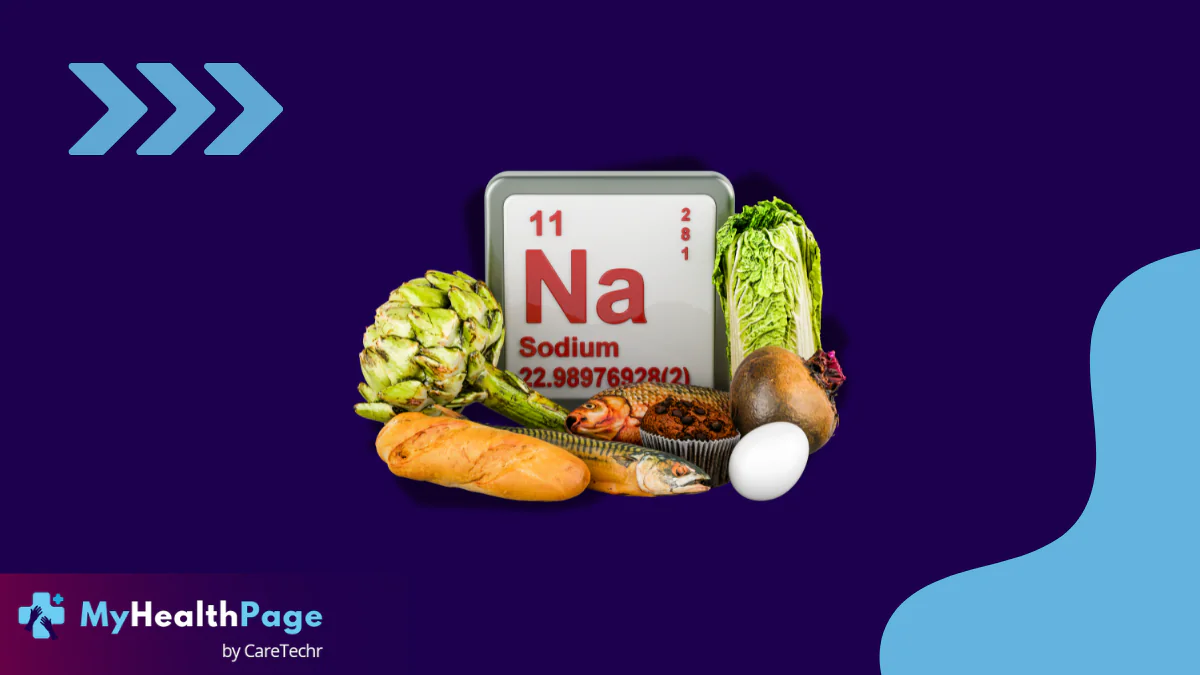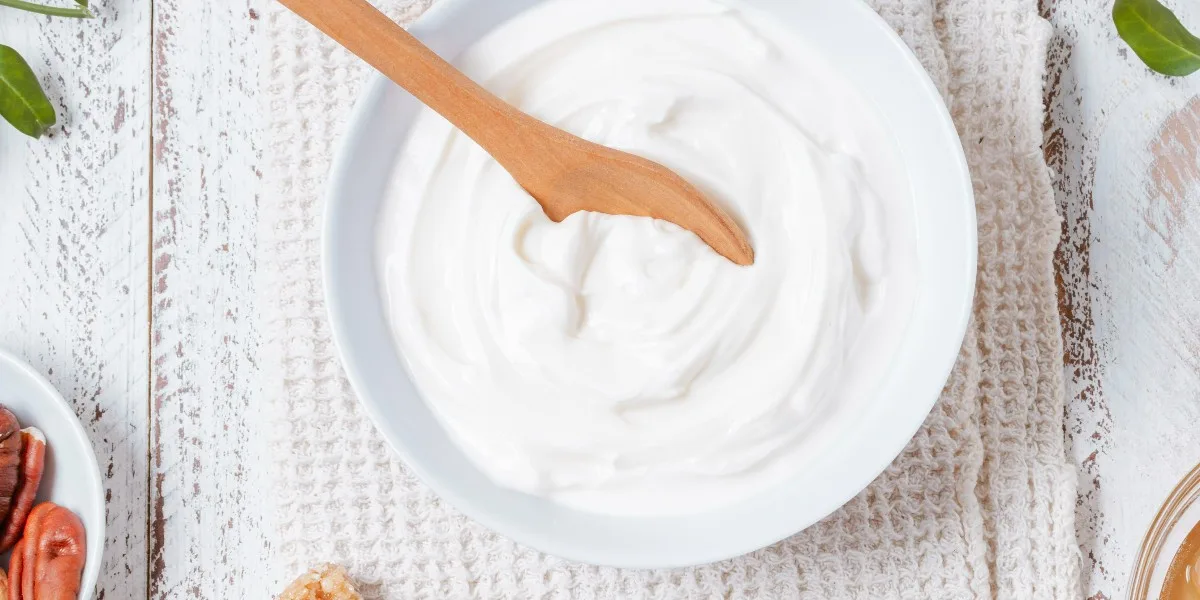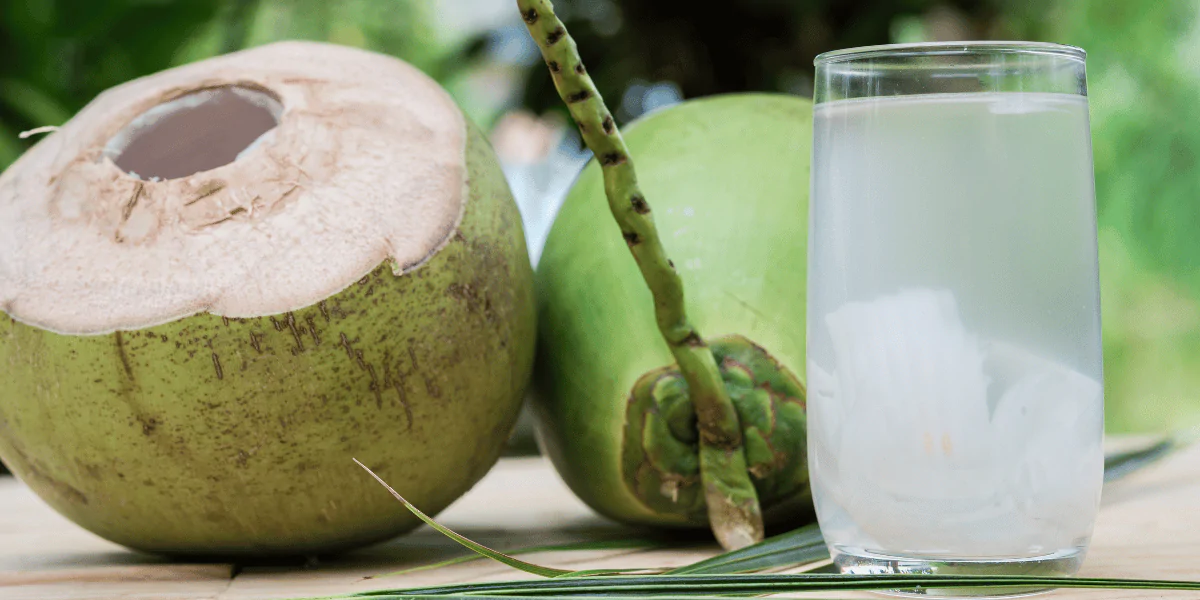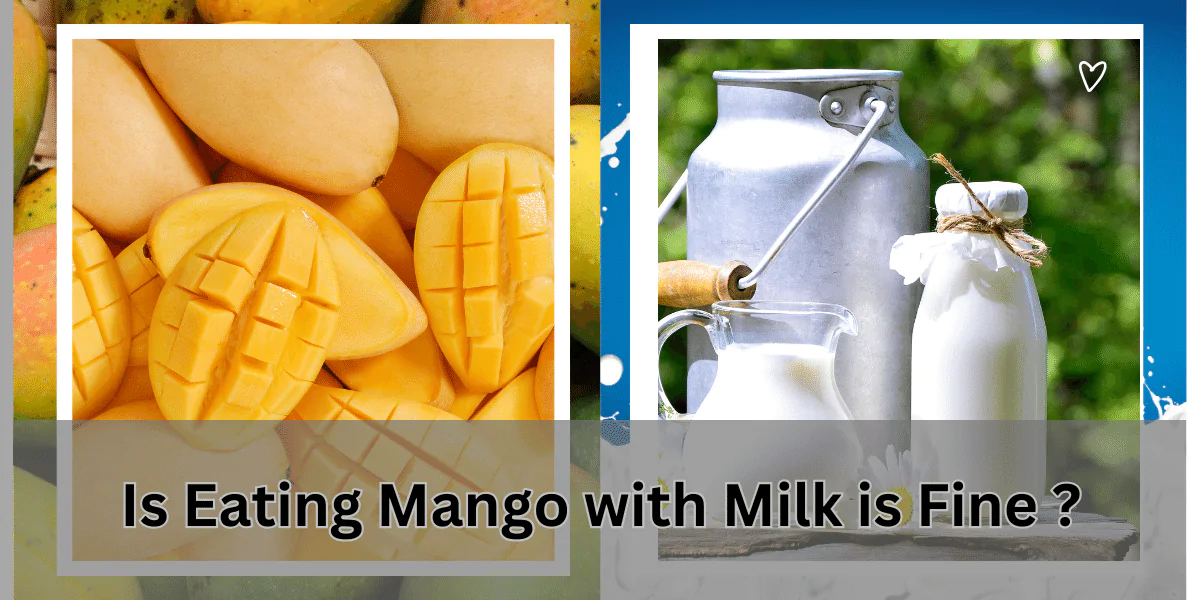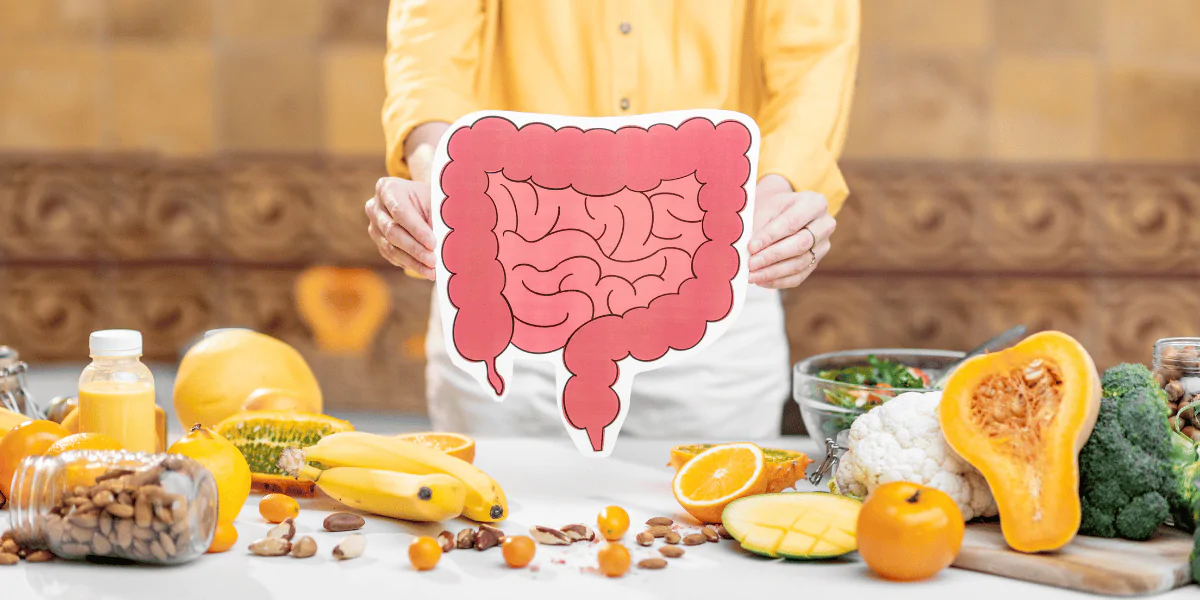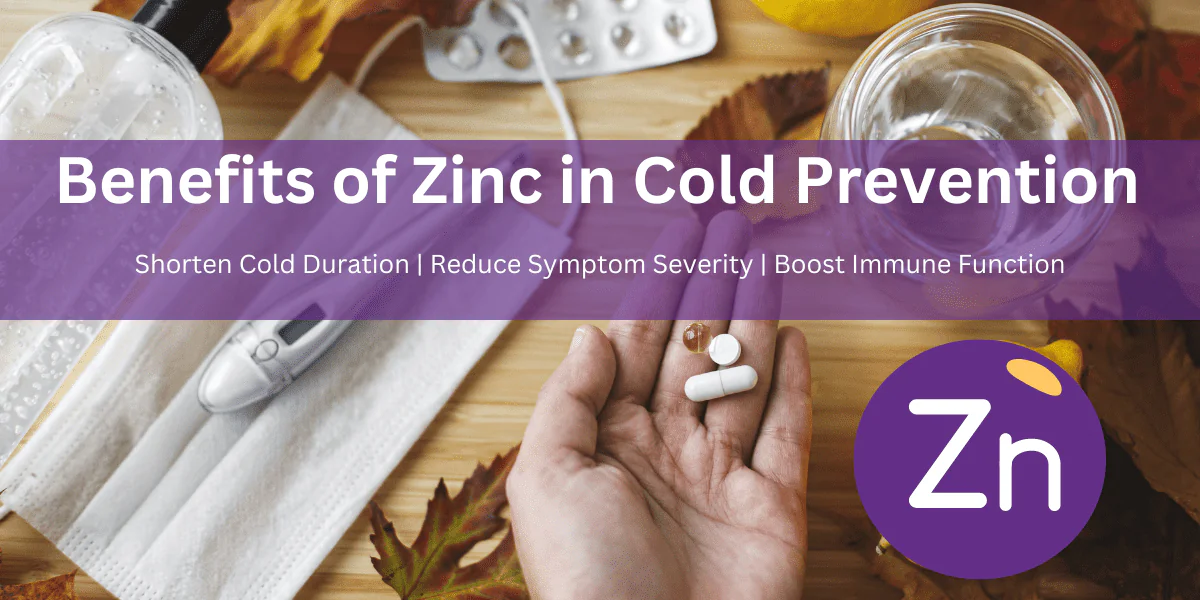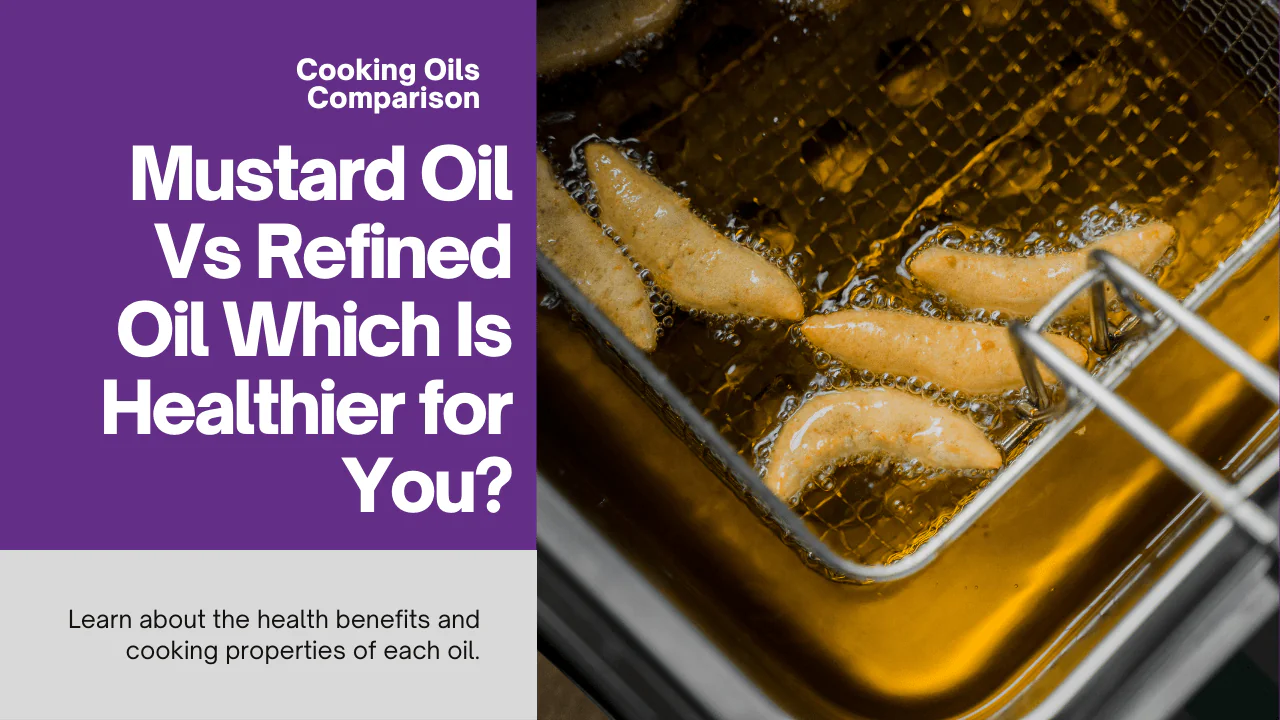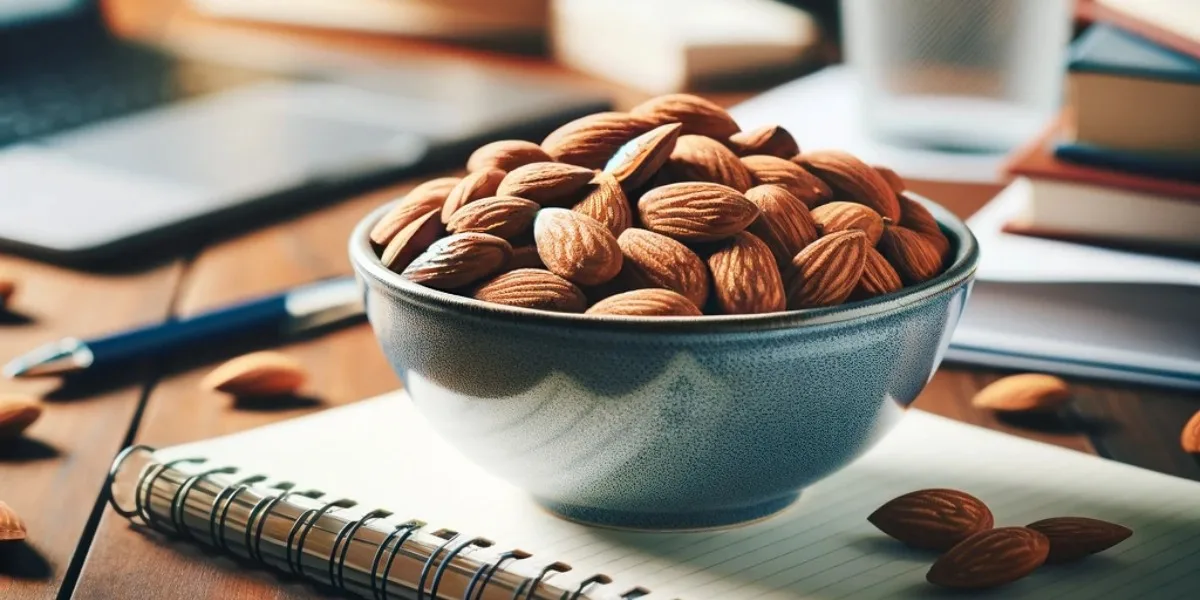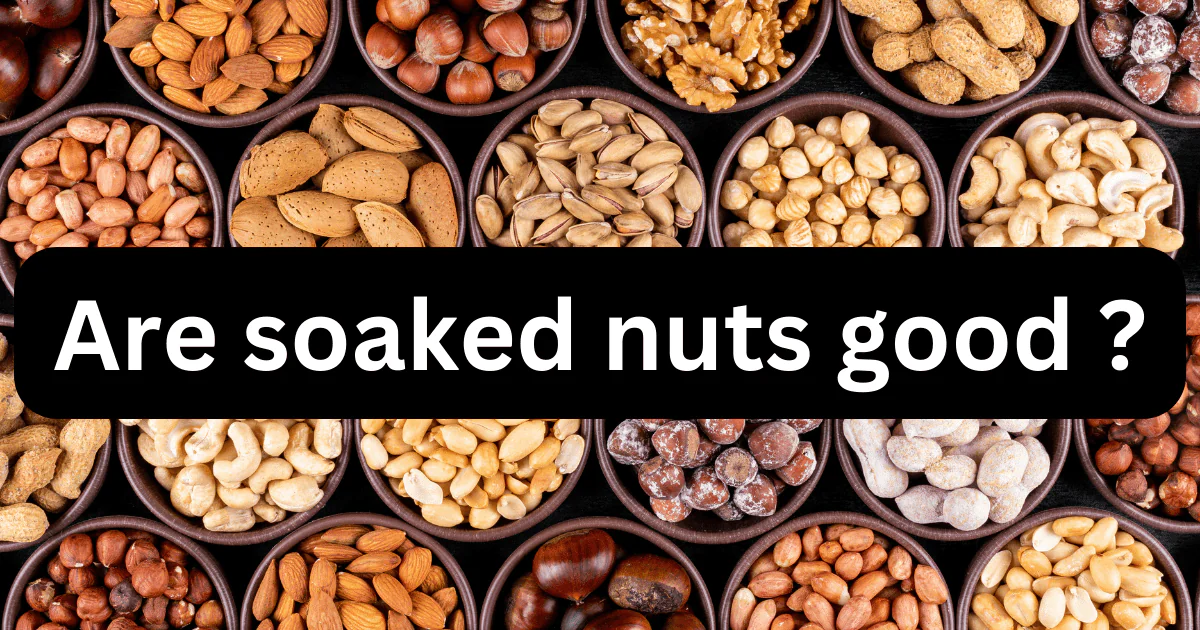Protein is an important part of our diet. It helps build and repair muscles, produce enzymes and hormones, and keep us healthy. With the rise of protein shakes and supplements, many people wonder if it’s better to drink protein or eat it through whole foods. Both options have their advantages and disadvantages. The right choice depends on your personal needs and lifestyle.
Why Protein is Important
Protein is a key building block for our bodies. It helps repair muscle tissues, create enzymes that aid digestion, and produce hormones that regulate various functions. Protein is crucial for everyone, whether you’re an athlete or just looking to stay healthy. It helps maintain muscle, keeps your skin and hair healthy, and supports overall well-being.
How Much Protein is Required?
The amount of protein you need depends on your age, activity level, and health. The general guideline is 0.8 grams of protein per kilogram of body weight for adults who are not very active. But this is just the minimum to avoid deficiency.
- Sedentary Adults: Men need about 56 grams of protein daily, while women need 46 grams.
- Athletes and Active Individuals: They need more—between 1.2 to 2.0 grams of protein per kilogram of body weight, depending on how much they train.
- Elderly: Older adults may need up to 1.2 grams of protein per kilogram of body weight to maintain muscle mass.
- Bodybuilders: They often consume 1.6 to 2.2 grams of protein per kilogram of body weight to help build muscle.
For example, a woman weighing 60 kg who is not very active would need about 48 grams of protein each day. A male athlete weighing 80 kg might need anywhere from 96 to 160 grams daily.
Eating Protein: Pros and Cons
Pros:
- Nutrient Density: Whole foods give you not just protein but also vitamins, minerals, and fiber that help keep you healthy. For example, salmon provides protein and heart-healthy omega-3 fatty acids.
- Satiety: Eating solid protein keeps you full for longer, helping you avoid overeating. Foods like chicken, beans, and eggs are great for this.
- Variety of Sources: There are many protein-rich foods to choose from, so you can enjoy a varied and balanced diet.
Cons:
- Time-Consuming: Preparing meals with whole foods can take time, which might not be convenient if you’re busy.
- Slower Digestion: Solid proteins take longer to digest. While this helps you feel full, it may not be ideal if you need quick energy after a workout.
- Meal Preparation Required: You usually need to cook or prepare whole foods, which might not be practical for everyone.
Drinking Protein: Pros and Cons
Pros:
- Convenience: Protein shakes are quick and easy to make, making them perfect if you’re busy or need a quick protein boost. They’re especially useful right after a workout or when you’re on the go.
- Fast Absorption: Your body absorbs liquid protein faster, which is great for muscle recovery after exercise.
- Useful for Post-Workout Recovery: The quick digestion of protein shakes makes them ideal for replenishing muscles after working out.
Cons:
- Potential Additives: Some protein powders have artificial flavors, sweeteners, or other additives that might not be healthy.
- Cost: High-quality protein powders can be expensive, especially if you use them regularly.
- May Lack Other Nutrients: Protein shakes often don’t provide the extra nutrients that whole foods do, like vitamins, minerals, and fiber.
Comparison: Eating vs. Drinking Protein
When choosing between drinking and eating protein, think about your needs and lifestyle. Protein shakes are convenient and quick to absorb, making them great for after workouts or when you’re in a hurry. But they might not have all the nutrients that whole foods offer. Eating protein-rich foods ensures you get a more balanced mix of nutrients and helps you stay full longer, but it takes more time and effort to prepare.
Using both protein shakes and whole foods in your diet can give you the best of both worlds. Use shakes for quick meals and snacks, and rely on whole foods for more balanced, nutrient-rich meals.
Conclusion
Both drinking and eating protein have their advantages. Protein shakes are convenient and quickly absorbed, making them a good choice in certain situations, like after a workout. Whole food proteins, however, offer a wider range of nutrients and keep you fuller for longer. By understanding the pros and cons of each option, you can make better choices that fit your dietary needs and lifestyle.
Read also : How Whey Protein is Absorbed
Disclaimer: The information provided here offers a general overview and is not a substitute for personalized guidance from your healthcare provider. It’s crucial to have a tailored management plan developed in collaboration with your healthcare professional. Regular check-ins with your healthcare provider for monitoring and any necessary adjustments are essential for maintaining optimal health.



